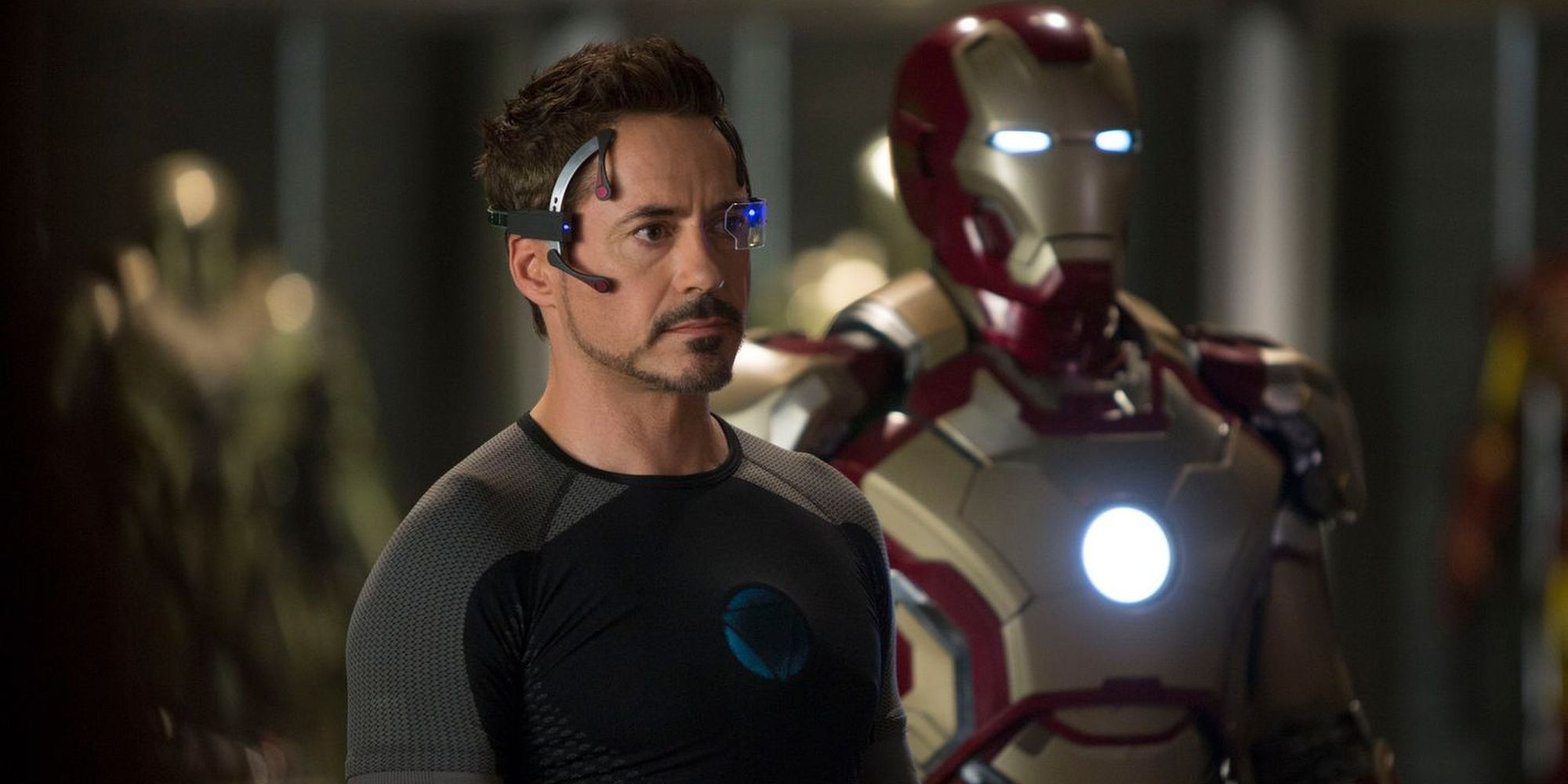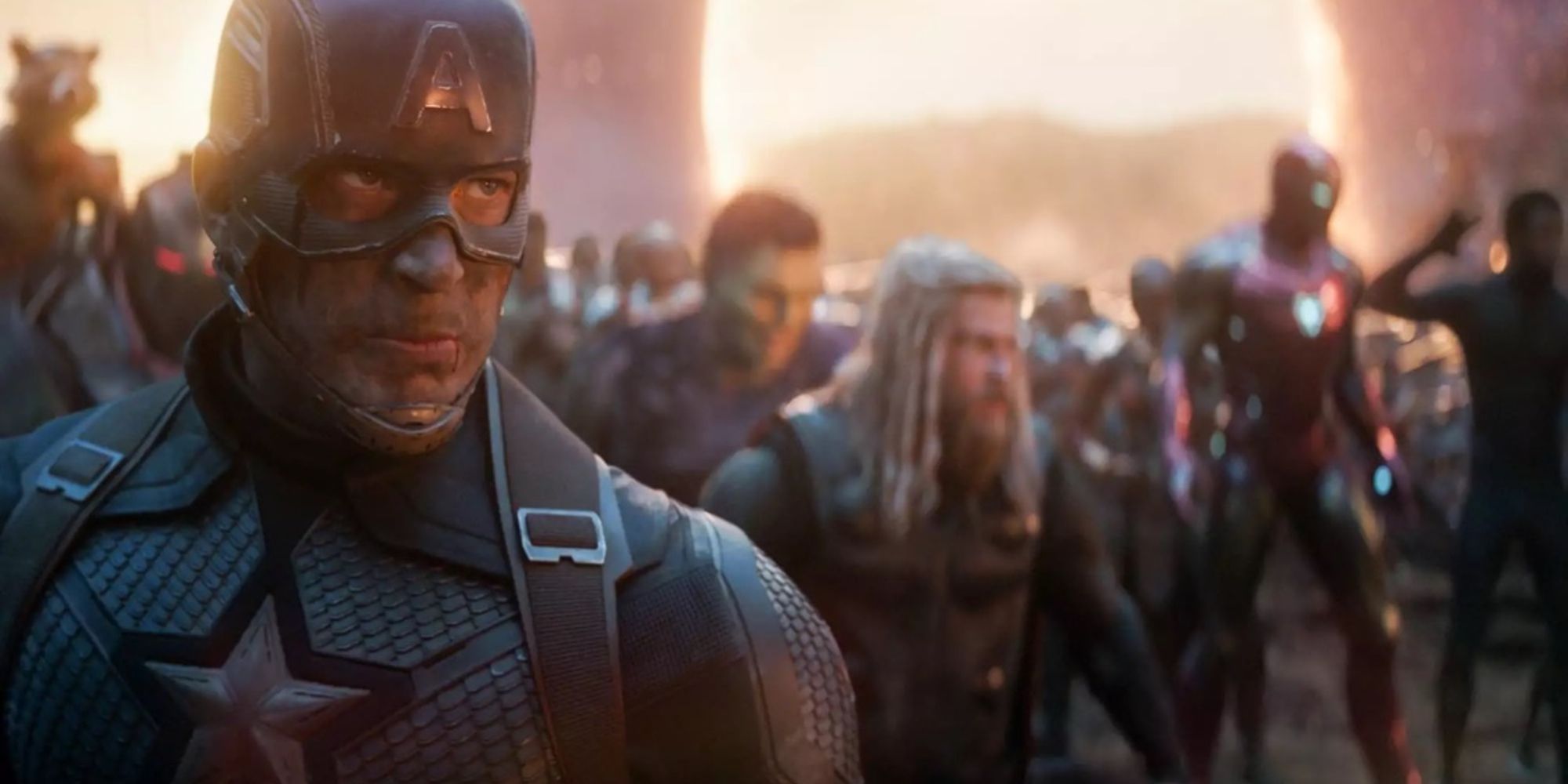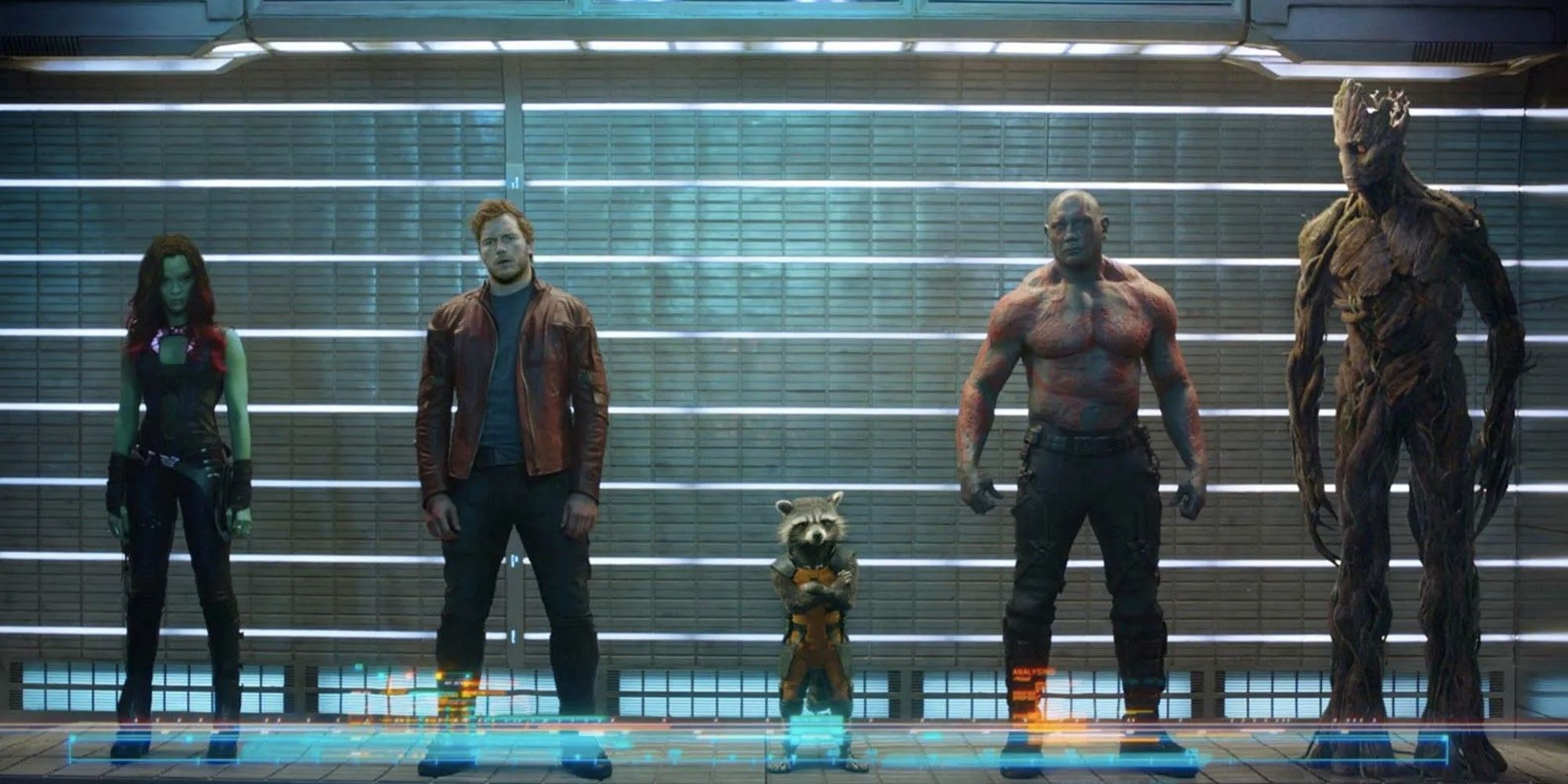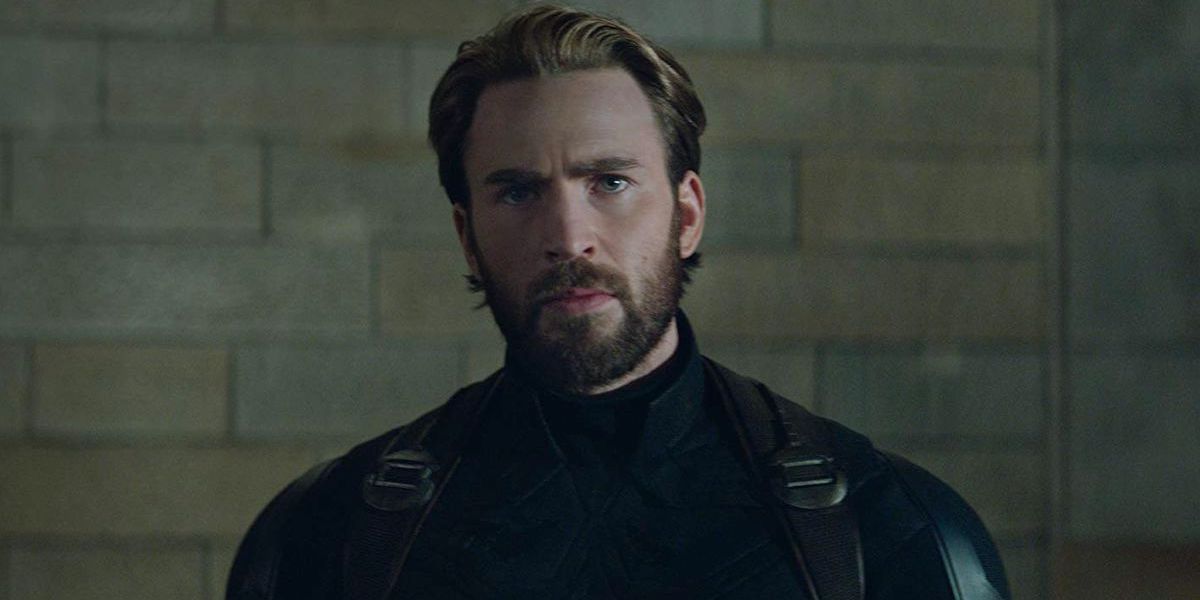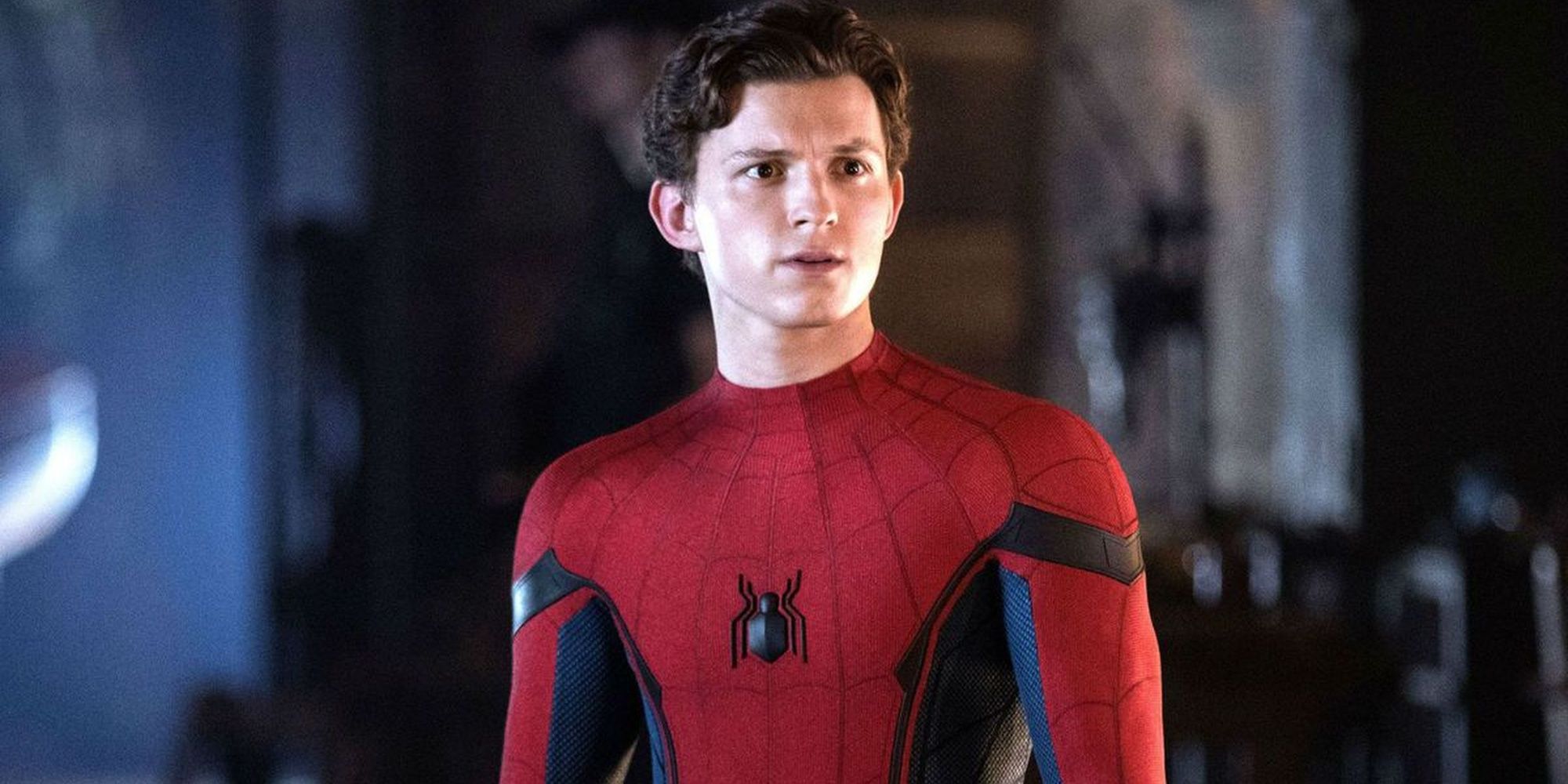There was an idea to bring together a group of remarkable heroes and their concurrent film series to see if they could become something more. That something evolved into the Marvel Cinematic Universe, by far the biggest cinematic phenomenon of the 2010s and beyond. By interconnecting the stories of earth’s mightiest superheroes, starting with 2008’s Iron Man, Marvel Studios has spent the last 14 years redefining the shape of the modern blockbuster series. Through the success of the MCU, the concept of a multimedia shared universe has grown film franchising beyond the idea of straight-forward sequels into something more analogous with actual comic books. While he has only had three self-titled films, Robert Downey Jr.’s Tony Stark has appeared in a total of ten films across the MCU, ranging from cameo appearances to supporting roles in team-up events. If you want to know the story of a favorite character in the Marvel universe, following their trilogy of solo films is not enough anymore.
Since 2012, the MCU has changed the very function that their sequels and solo films serve and how they must operate. A star-vehicle solo superhero film now must be fashioned to fit into the universe of a pre-existing canon and respond to the established lore and its place in it. A film like Shang-Chi and the Legend of the Ten Rings, while introducing a new hero, must do so on top of justifying its place in a post-Endgame world and setting up ways it will affect the wider canon, while also telling its own story that will need to take into account any and all appearances that Simu Liu’s master of Kung Fu may have between now and his first sequel.
Trilogies in the MCU are not as cut-and-dry as they used to be, especially compared to other franchises. In order to succeed, they must tell their own story while also adding to the universe around them. With Marvel’s latest trilogy topper breaking box office records the world over, here is a ranking of the MCU cinematic triptychs so far:
6. Thor
What the Thor films as a whole suffer the hardest from is a thunderous identity crisis. Although they have consistently aimed to maintain a balance of high-fantasy Shakespearean grandeur with character-based comedy, in execution, the films’ indecision to be funny or dramatic do not pay off until the third installment. Thor (2011) banks itself heavily on culture shock; a fish-out-of-water comedy that overshadows the Odinson family drama, and Thor: The Dark World positions Chris Hemsworth as the straight man against the scenery-chewing Loki (Tom Hiddleston) amidst an interstellar war. It wasn’t until Taika Waititi’s Thor: Ragnarok that the god of thunder and company were permitted to be fully funny as well as sympathetic and badass.
Ragnarok, as a whole, illustrated that the two films preceding it did not fit the character and served as almost a soft reboot of Thor’s characterization and supporting cast. As a three-act narrative, the films do greatly illustrate Thor’s ascension to the Asgardian throne that feels earned by the finale of Ragnarok. With 2022’s Thor: Love and Thunder on the horizon to reintroduce Natalie Portman’s Jane Foster as being worthy of Mjolnir, hopefully lightning will strike twice for Waititi and keep the tonal balance that allowed Ragnarok to stick the landing for the trilogy.
5. Iron Man
Being the first trilogy in the MCU, the Iron Man films had the benefit of having the least amount of MCU world-building to upkeep. Jon Favreau’s first two films flowed narratively, tonally, and thematically into one another as they built up Tony Stark brick by brick along his relatively grounded geo-political journey to become the invincible Avenger. Iron Man and Iron Man 2 were a natural progression in the story of Tony Stark and a world that is threatened by his genius. Iron Man 3, however, finds Tony in a brighter global spotlight and a newly changed world directly affected by his previous outing in 2012’s The Avengers, making it the first MCU sequel that required further viewing outside of the main series.
Because of this and trading in Favreau for Shane Black as director, Iron Man 3 ends the trilogy feeling tonally and thematically divorced from the films preceding it, electing to amp up the comedy and function more as an epilogue to the boisterous Avengers starring Tony Stark than it does a fitting conclusion to Favreau’s story. While Iron Man 3 still finds Tony struggling with his own faults like in the previous films, his character troubles are more so rooted in the events of Avengers than the previous Iron Man films. As a Tony Stark story, his trilogy ends on less of a conclusive note for Iron Man and more as a new beginning for his life as an Avenger.
4. The Avengers
The foundation on which the MCU was built, the Avengers films are follow-ups to one another in a very loose definition (yes, there are four films so not technically a trilogy, but, we move). They operate less as sequels or even stand-alone films and more as veritable season finales to each phase of the MCU storyline, checkpointing for how vast the universe has become and how wide its roster of heroes has grown. They are blockbuster events in and of themselves whose greatest assets as films are setting a new standard for the franchise's scope, stakes, and scale. The Avengers (2012) proved that cinematic experiment of the MCU carried fruitful promise, Avengers: Age of Ultron (2015) delivered more of the same as its predecessor while planting the seeds for future installments, and the one-two punch of Infinity War (2018) and Endgame (2019) culminated all the crossover potential that the Marvel name represented and shook the world. The Avengers as a quadrilogy served as thrilling bookends to the MCU's rich canon.
3. Guardians of the Galaxy
In terms of a trilogy telling a complete story through three films, the Guardians of the Galaxy might be the best on this list—despite having appearances in other films and their own holiday special. But while other characters on this had their stories concluded in other films (Captain America, Iron Man), and others have plans for future films outside their trilogies (The Avengers, Thor, probably Spider-Man), the Guardians of the Galaxy trilogy of films feels like writer-director James Gunn knowing where he wants to start and end with these characters, and does so in a satisfying, hilarious, exciting, and often emotional fashion.
Gunn took this team from a Marvel obscurity with Guardians of the Galaxy, and made them into one of the most fun sections of the MCU. He expanded this group with even more characters in Guardians of the Galaxy Vol. 2, and gave the entire team a perfect send-off with Guardians of the Galaxy Vol. 3. It's not often that there's a finality to characters in the MCU, but Gunn managed to do that with the Guardians films, a fascinating example of what he can do with relatively unknown characters, and a perfect sign that Marvel can, actually, do a proper goodbye to its characters.
2. Captain America
The Captain America films serve the function of an Avengers-adjacent trilogy the best out of any series in the MCU. Each film perfectly sets up or responds to events of each Avengers film through the eyes of Chris Evans’ star-spangled man with a plan as he navigates the morally-grey modern age. The First Avenger illustrated the ideals that will fuel Steve Rogers’ actions throughout the entire MCU while also setting up the tesseract as an Avengers-level McGuffin. The Winter Soldier put his ideals in conflict with a country fueled by fear to help friend in need, and Civil War broke the Avengers apart in a rift that challenged the freedoms Rogers fought so hard to protect.
As the leader of Earth’s Mightiest Heroes, Captain America’s greatest strength and weakness is not just his desire for freedom, but compromise. Rogers puts what is right over what is possible or expected of him by his country and even the world, which is not easy. Each of his films gradually puts him at greater odds over his “old-fashion” sense of morality. If the Avengers films show what it's like to be an Avenger, the Captain America films show through Rogers what is needed to become a great one.
1. Spider-Man
Next to Wolverine, Spider-Man has had one of the most expansive film careers of any Marvel character, even before the MCU was in full swing. Between Sam Raimi’s trilogy and Marc Webb’s films, the dye had already been cast on how Spider-Man works on the big screen before Tom Holland made his debut as the webhead in Civil War. For an audience already savvy to how a Spider-Man trilogy could turn out, the MCU had to deliver something new and unique for their big-screen shot at the life and times of Peter Parker. What resulted was not only the most consistent trilogy out of the MCU, thanks in part to Jon Watts directing all three installments (a first for the MCU), but a superhero series that is equal parts blockbuster spectacle and tender coming-of-age saga that reinvents the friendly neighborhood hero for a new age. Watts’ films operate much like Spider-Man himself, balancing light-hearted comedy and spectacular action with heart-rendering drama.
The MCU Spider-Man trilogy showed more than any other live-action Spider-Man film that the likability and tragedy behind Spider-Man is due to the fact that Peter Parker is still just a kid with great power and great responsibility. Holland delivers a standout performance every time and plays off both the fun and the messy aspects of being a novice, friendly neighborhood Spider-Man in a not-so-friendly universe. With the ending of No Way Home, the trilogy concludes with the sense that despite his tenure as an Avenger and ward to Iron Man, Parker’s story as Spider-Man is just beginning, which is a remarkable feat for a third installment to accomplish.

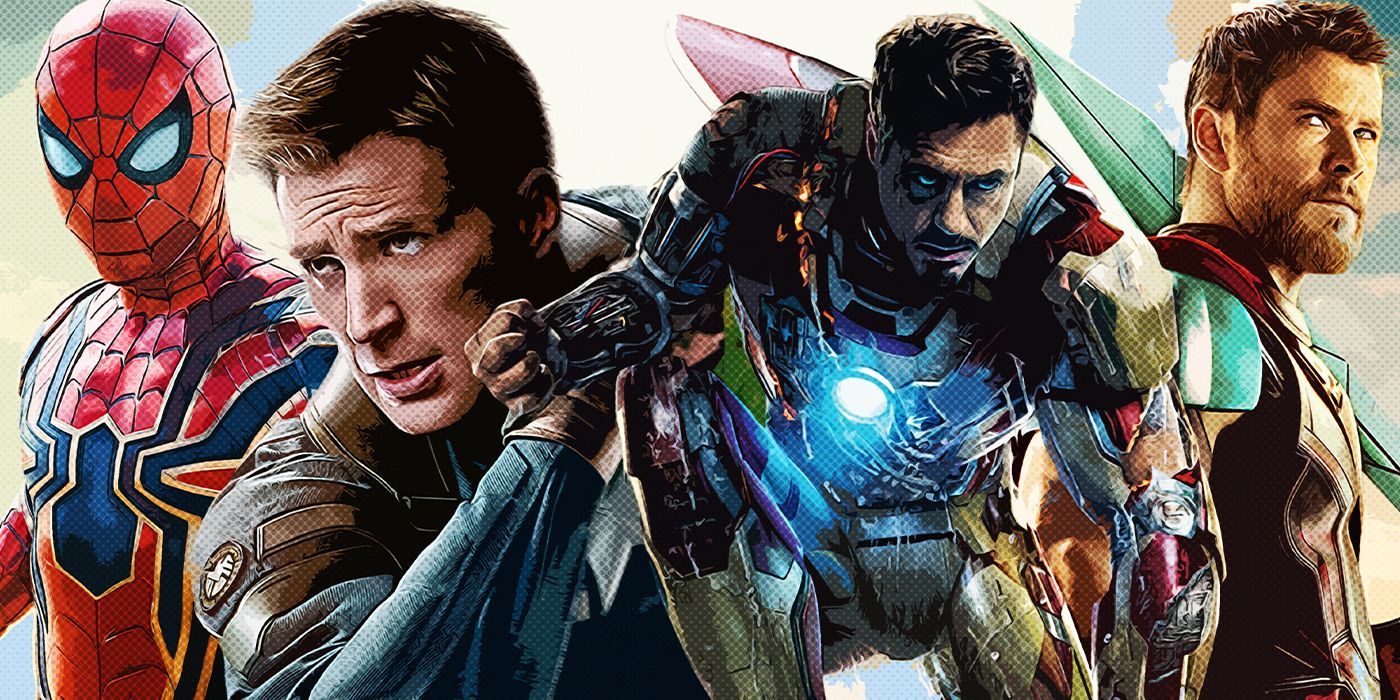
.jpg)
